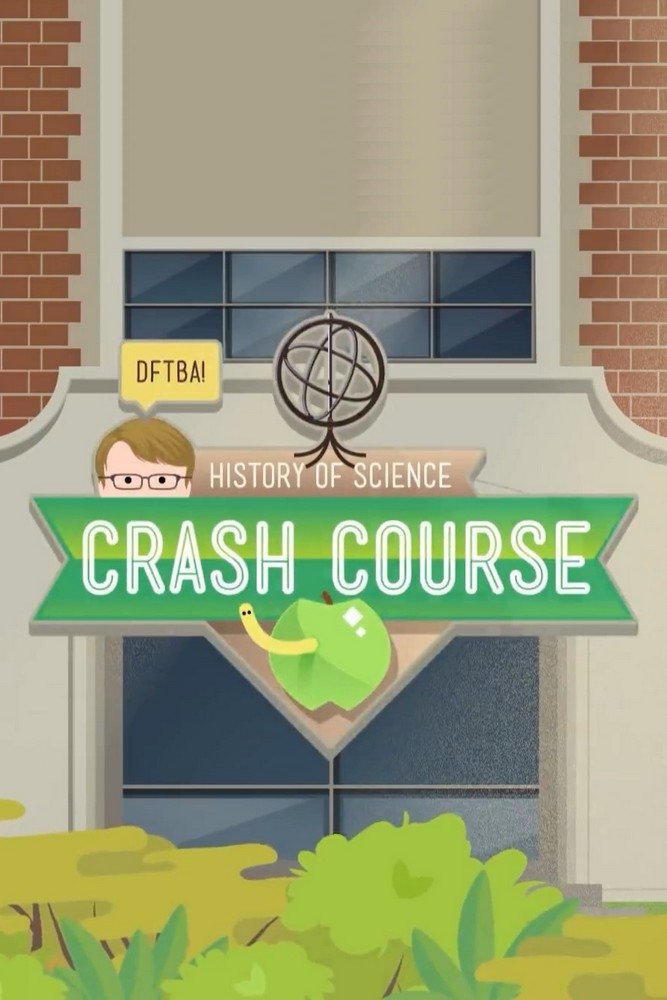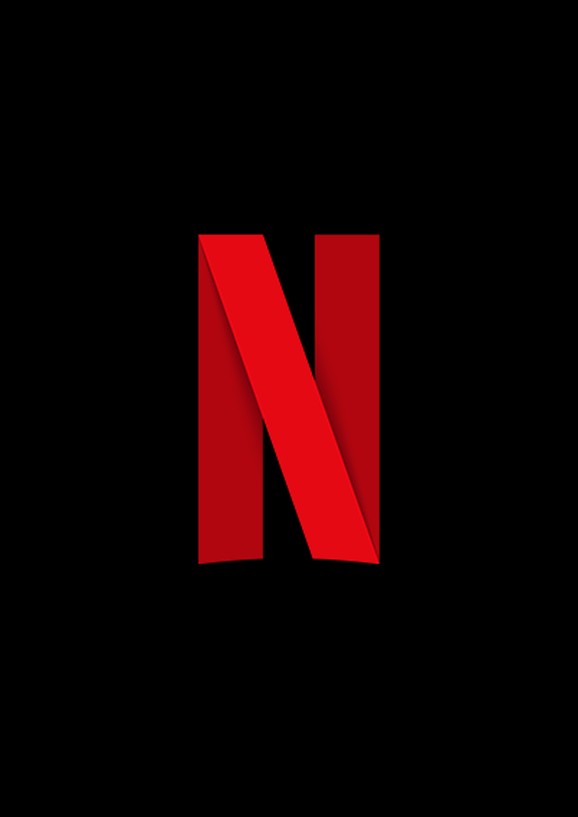1. Intro to History of Science
12min
26th Mar 2018
We've been asking big questions for a really long time and we've all wanted to explore how we've sought to answer those questions through the centuries. Questions like, "What is stuff?" and "Where are we?" have inspired people all over the world to investigate. So lets dive in and see how we, as a people, have tried to figure this stuff out in this first episode of Crash Course History of Science!

